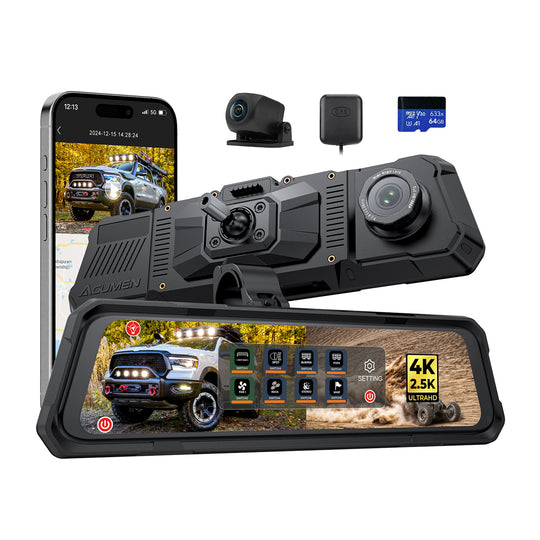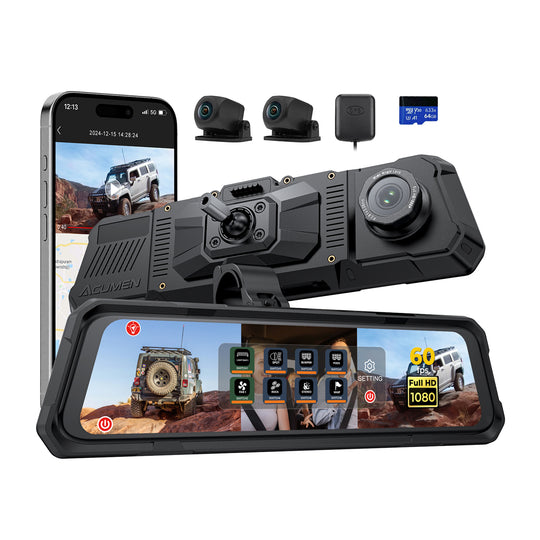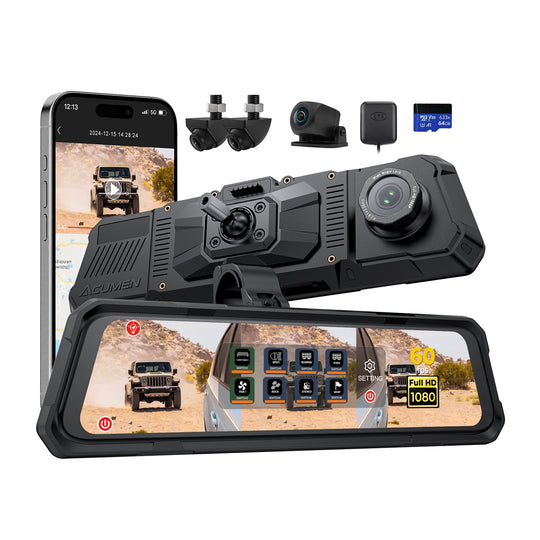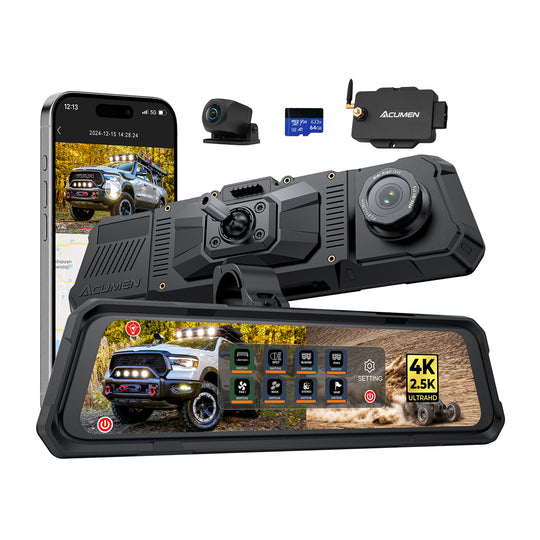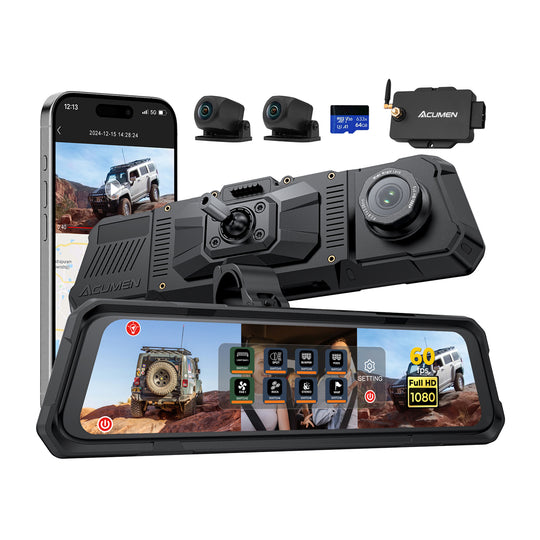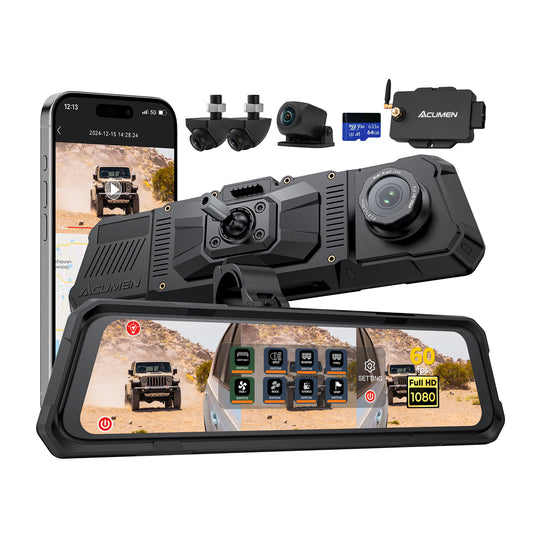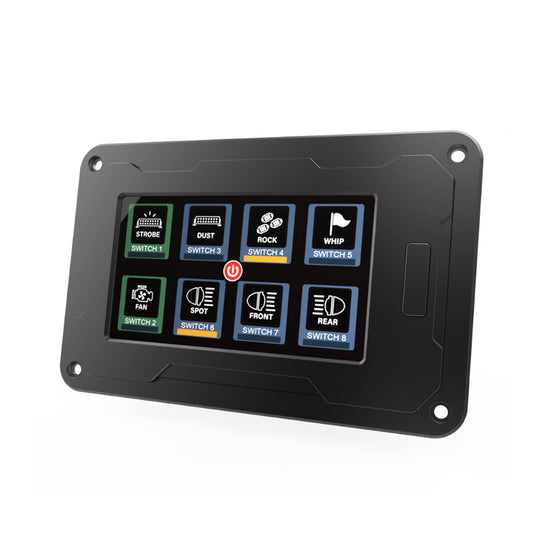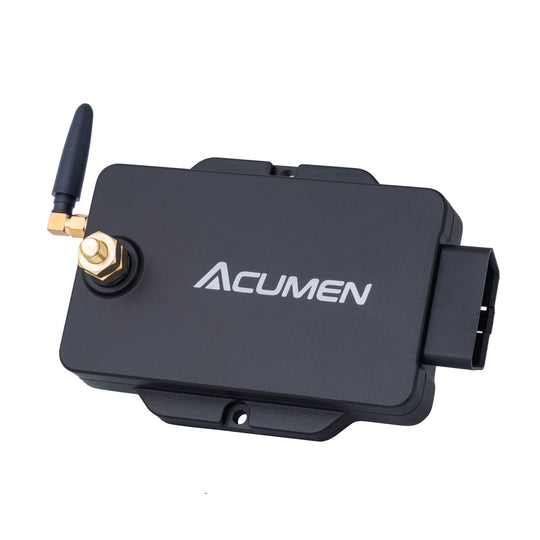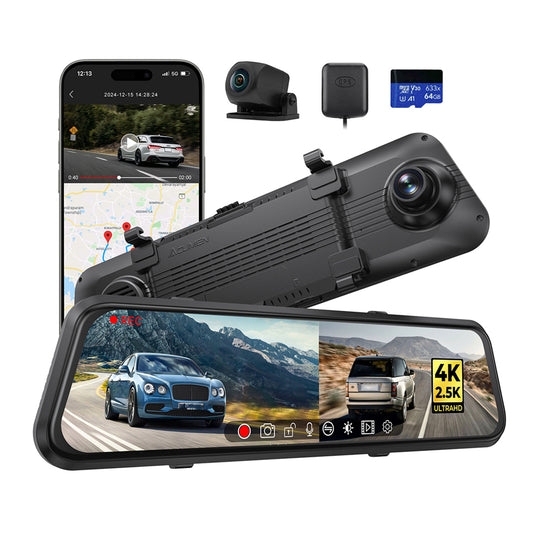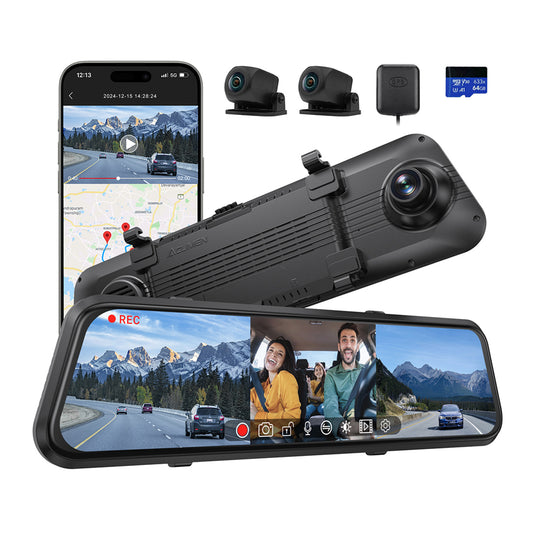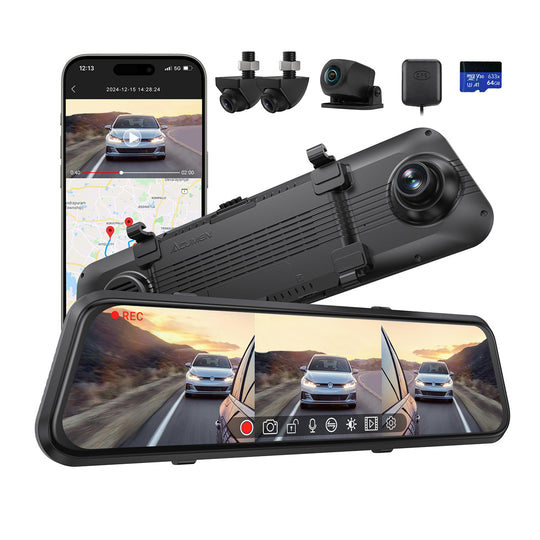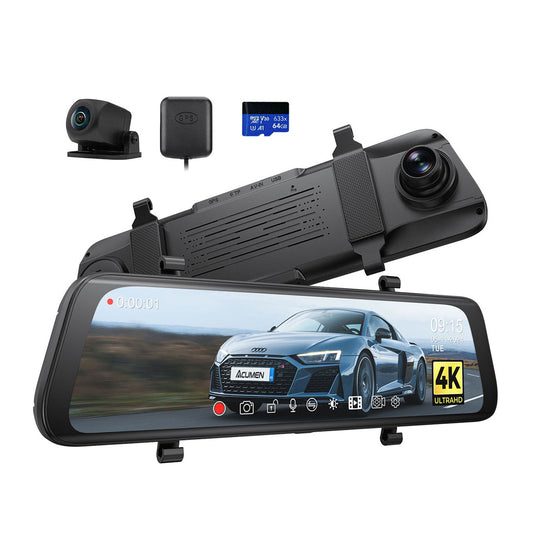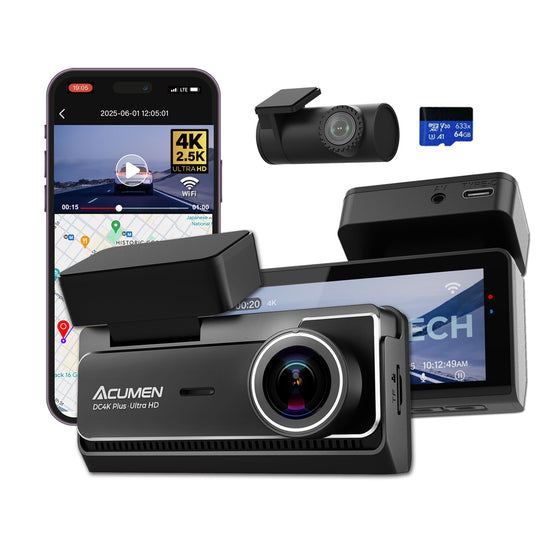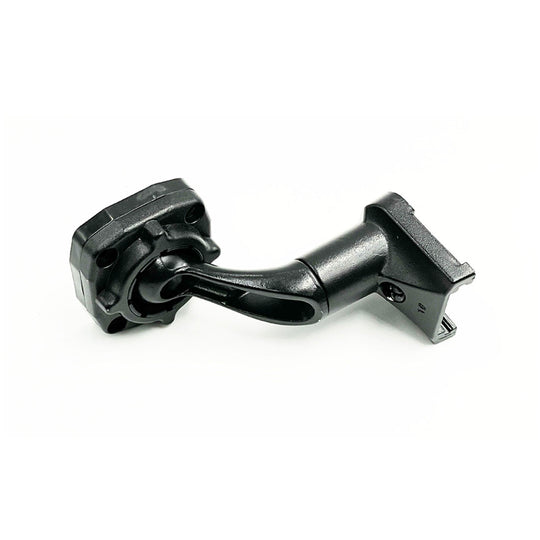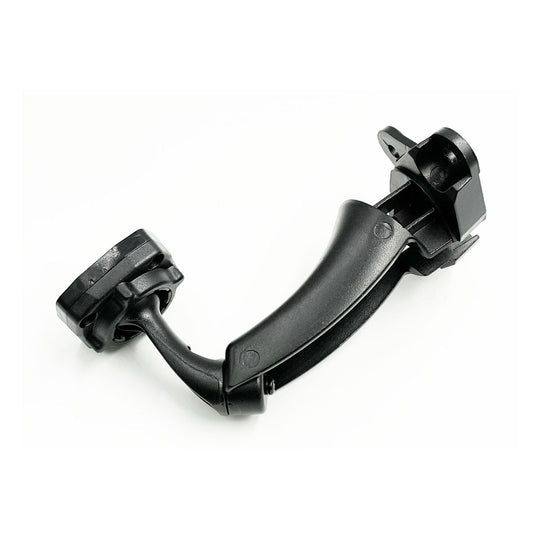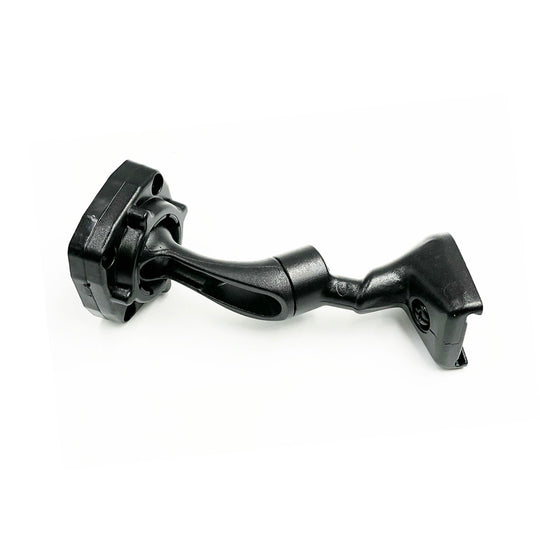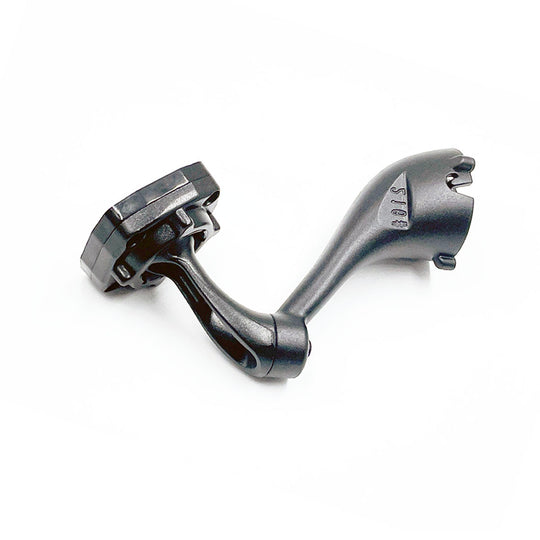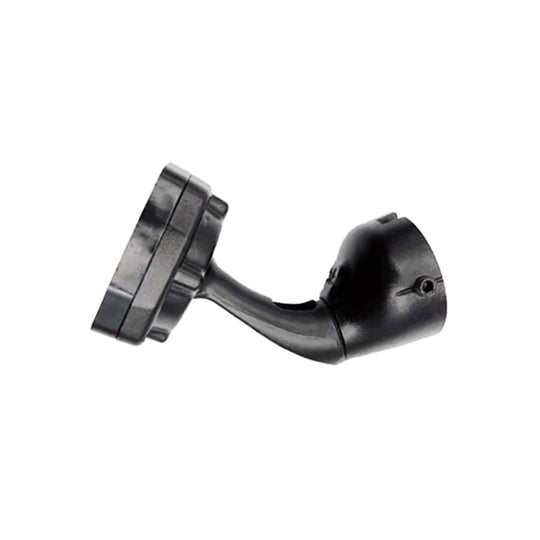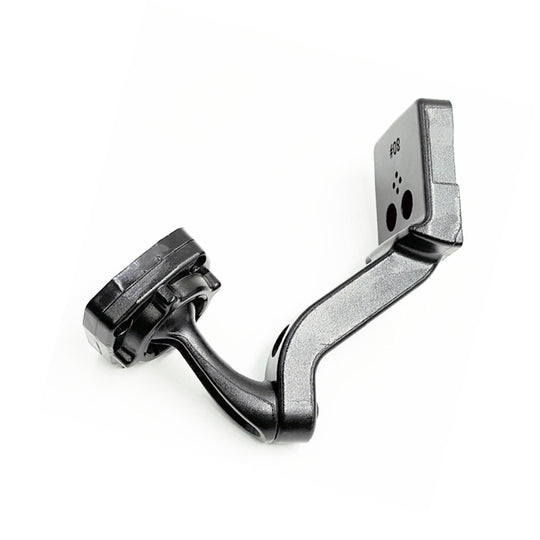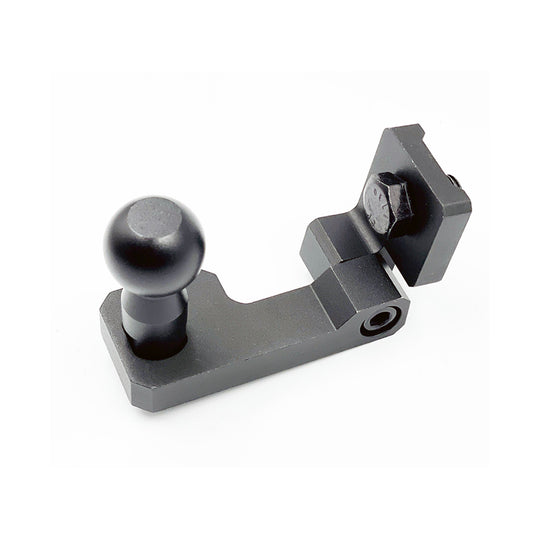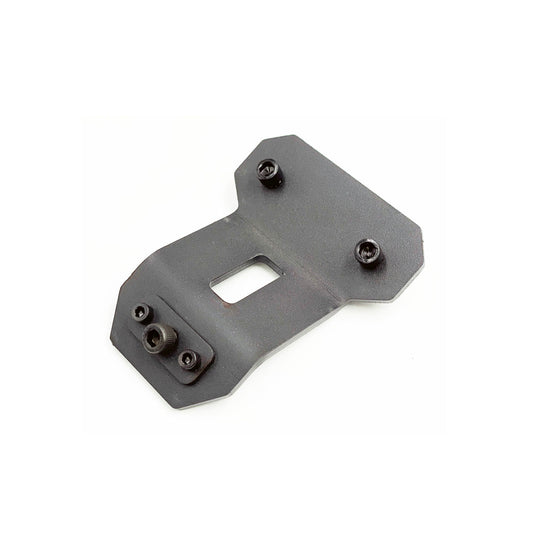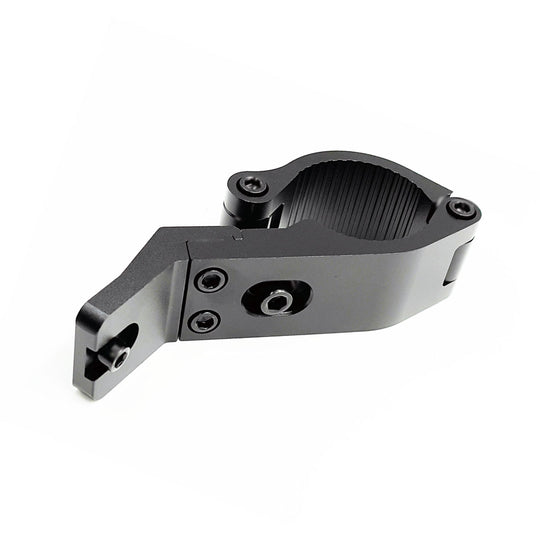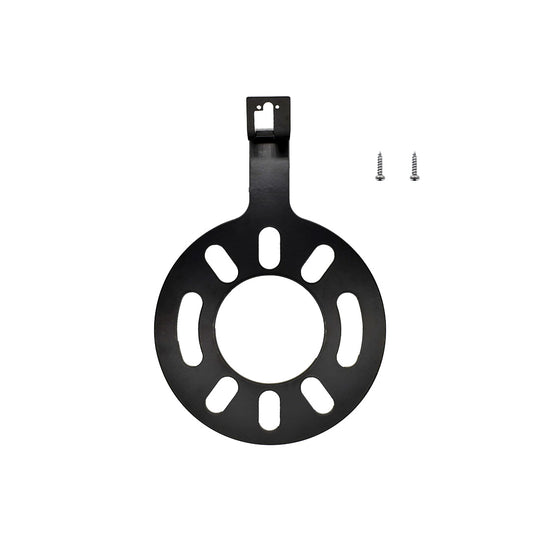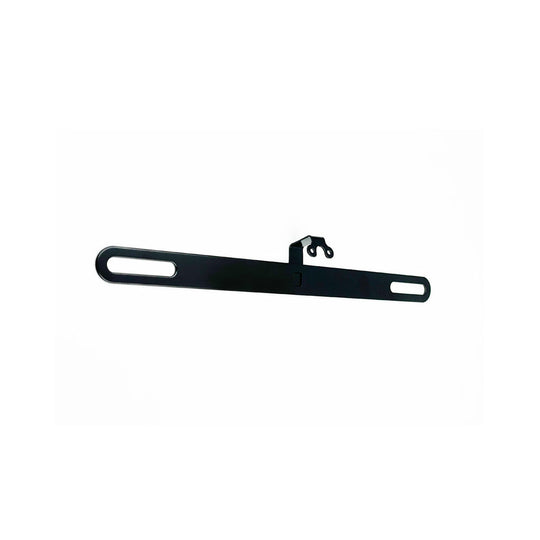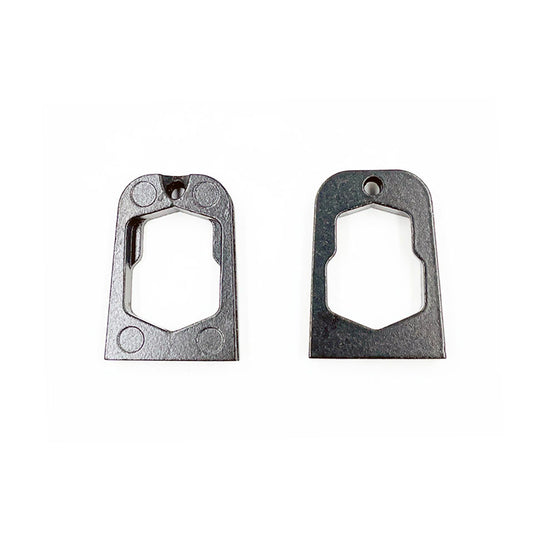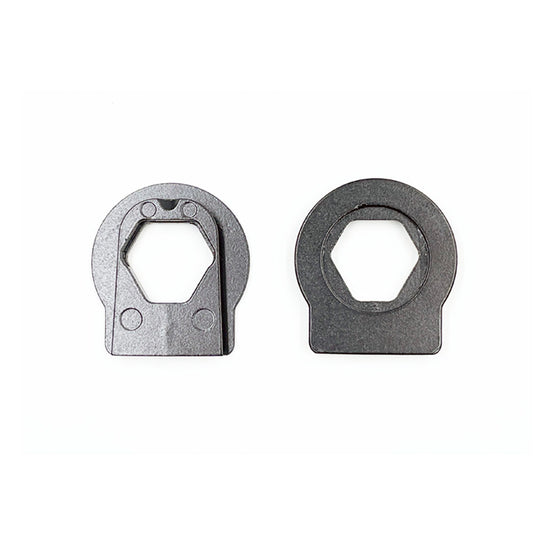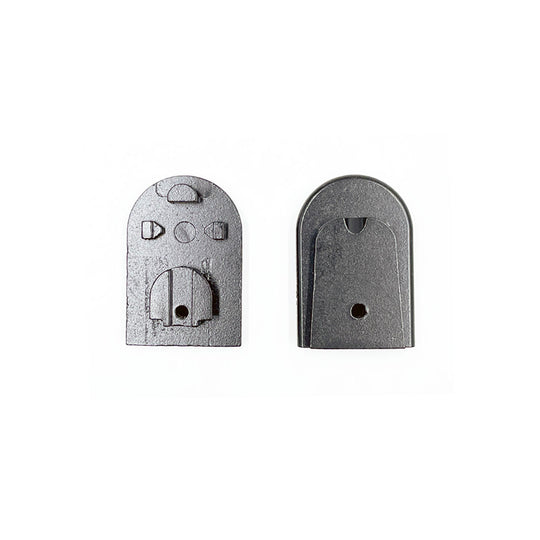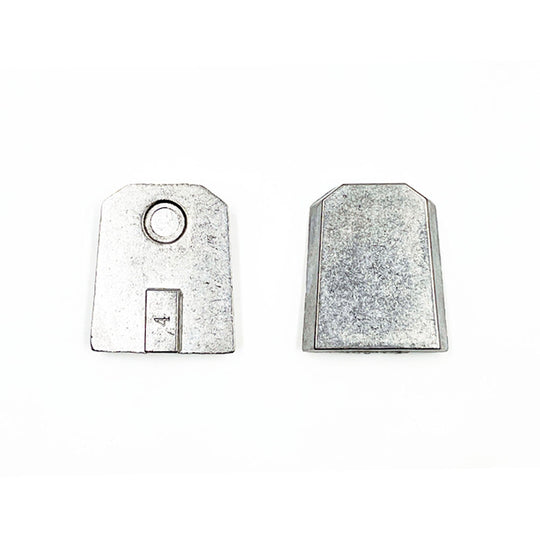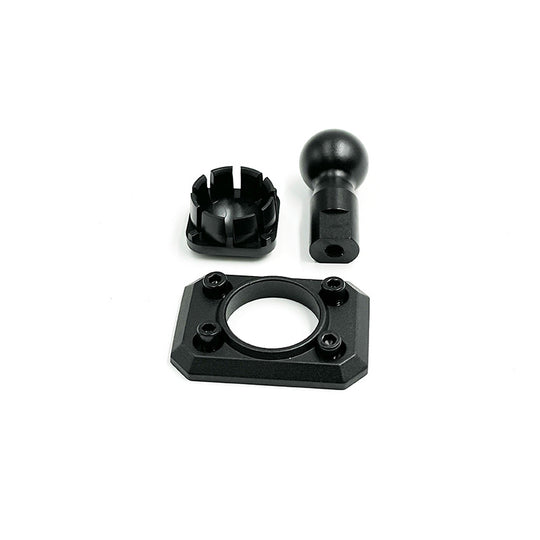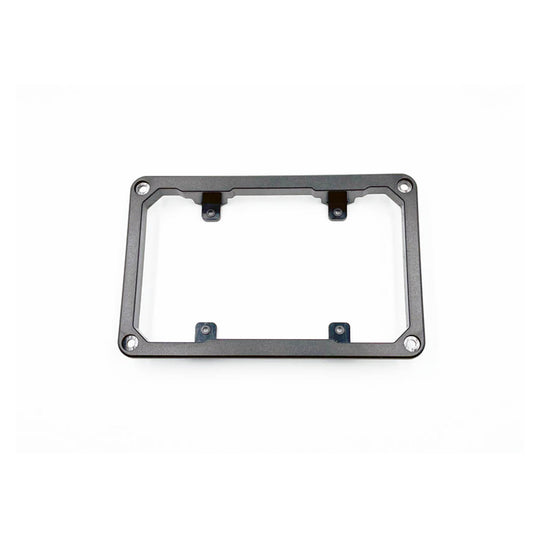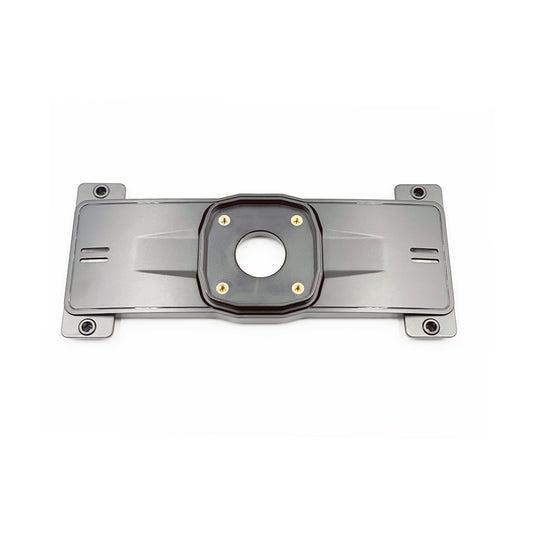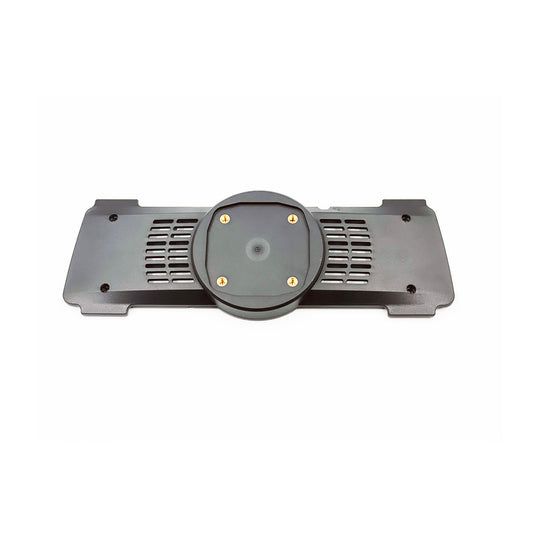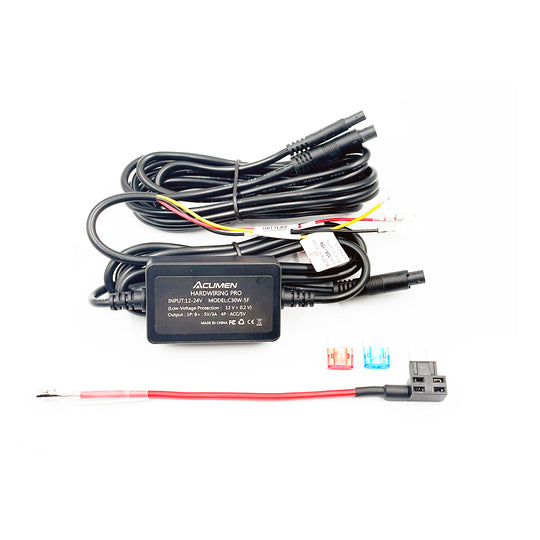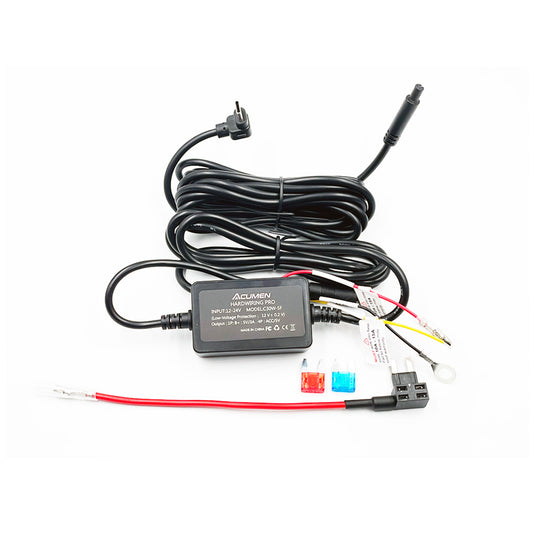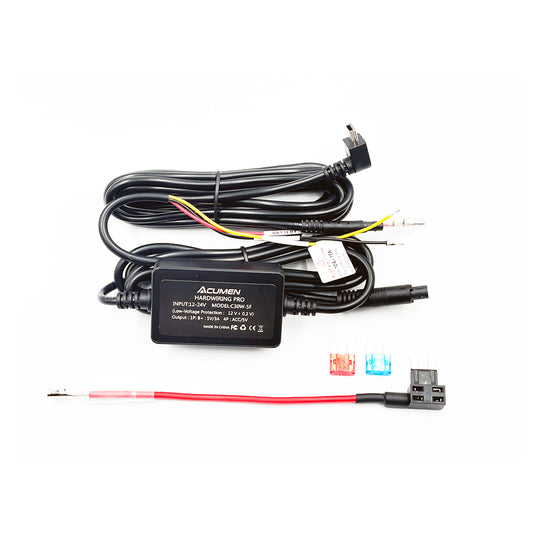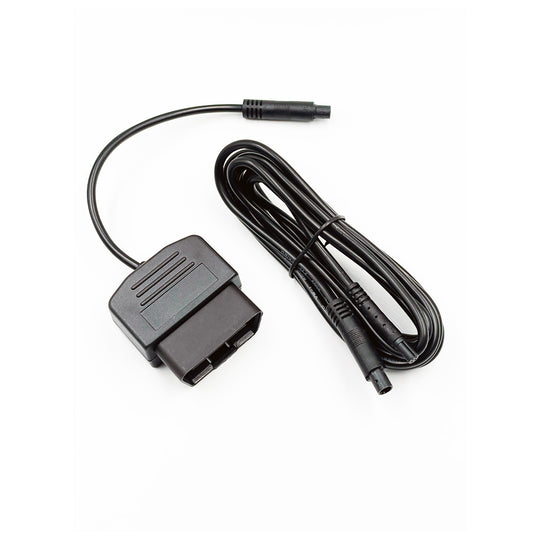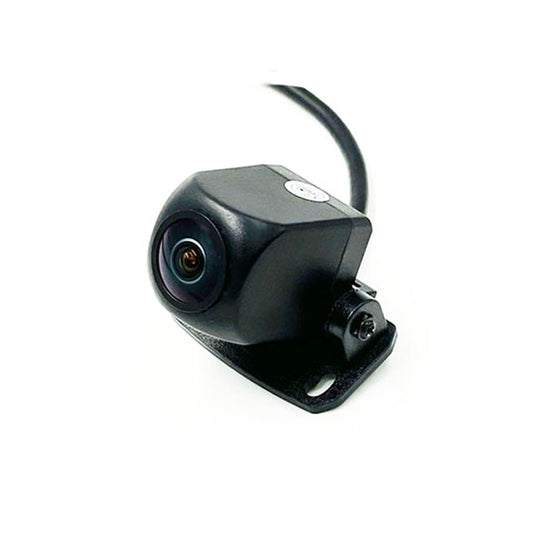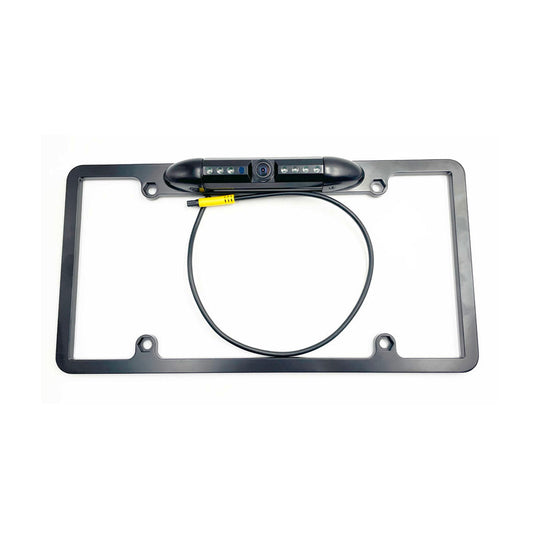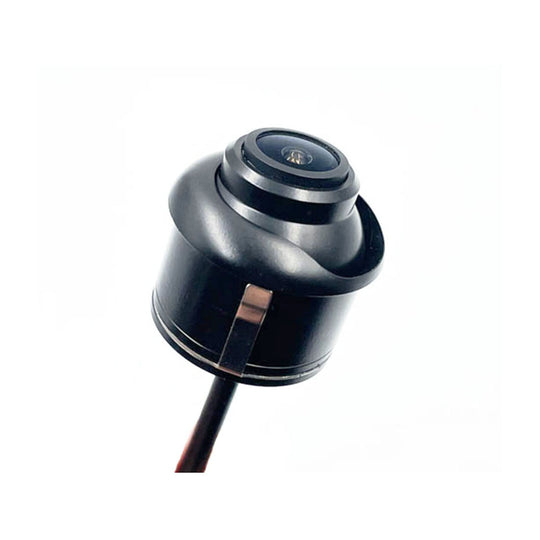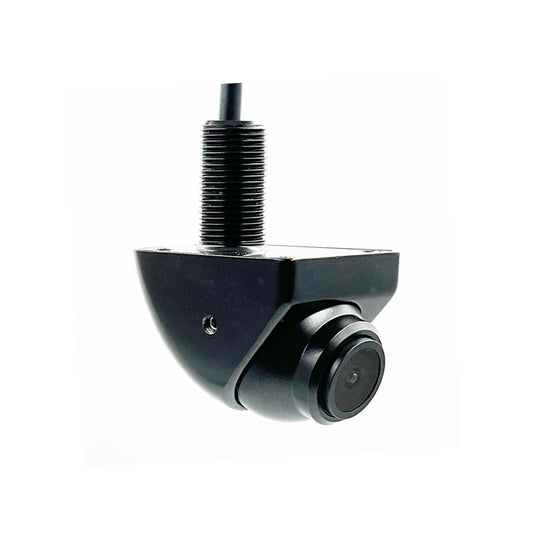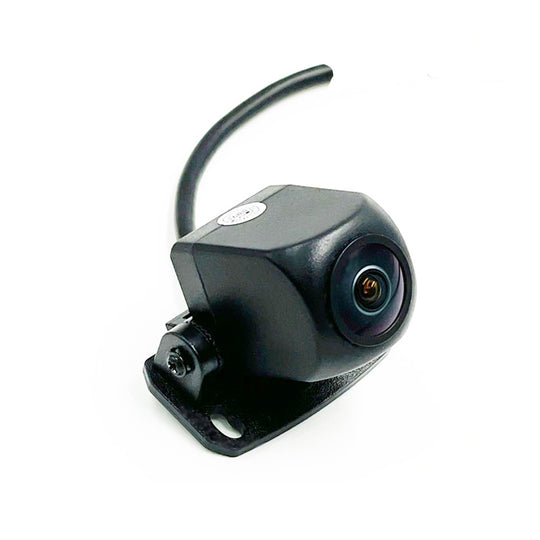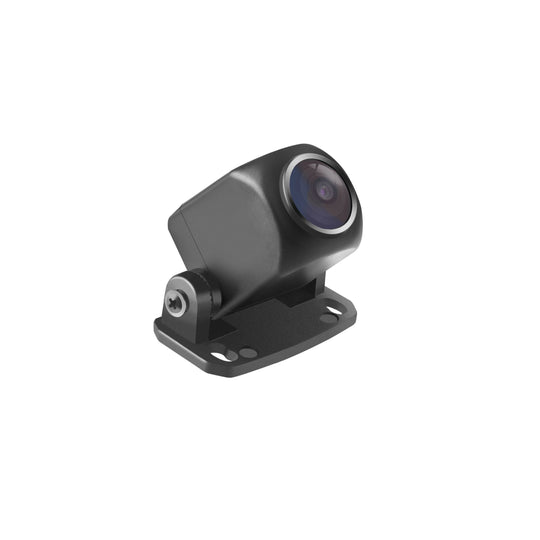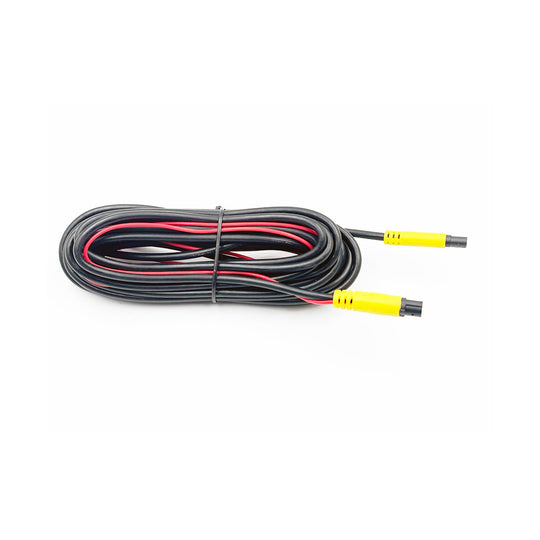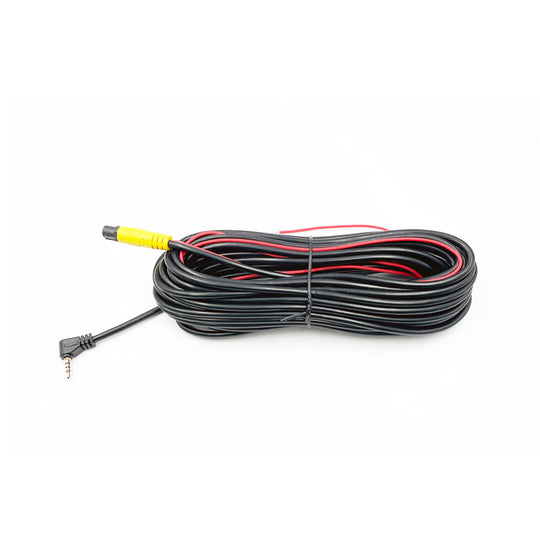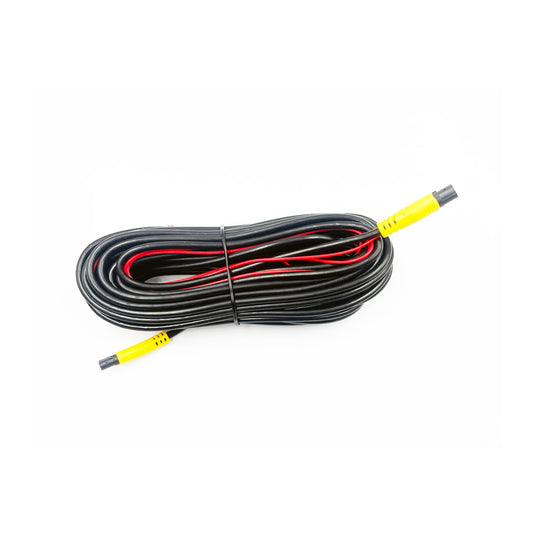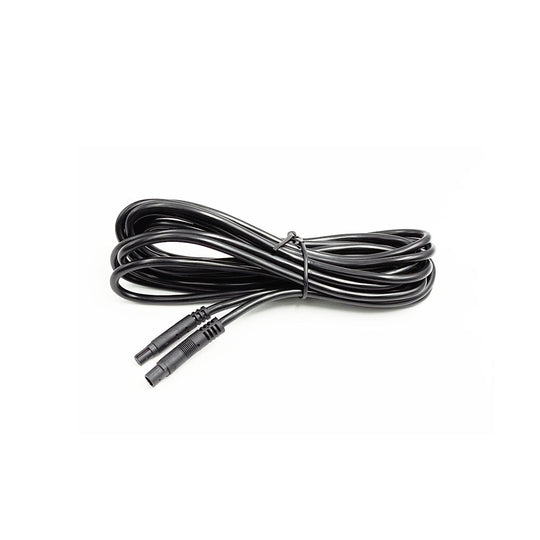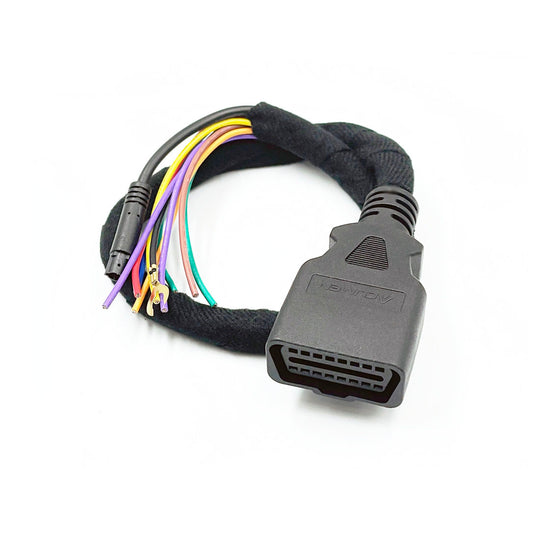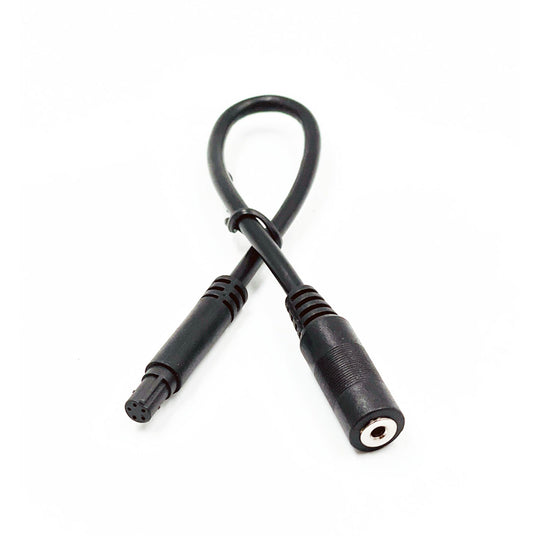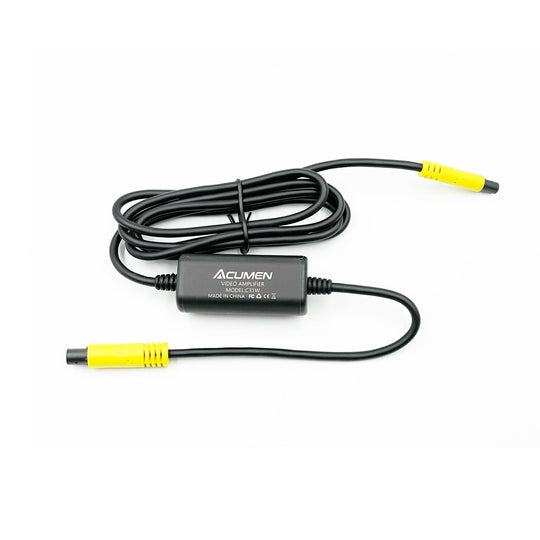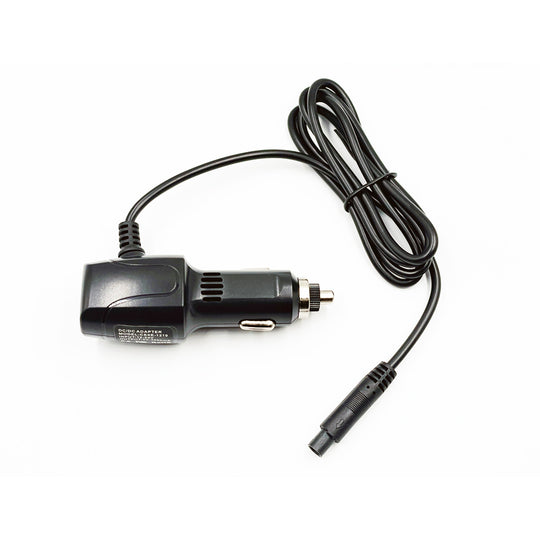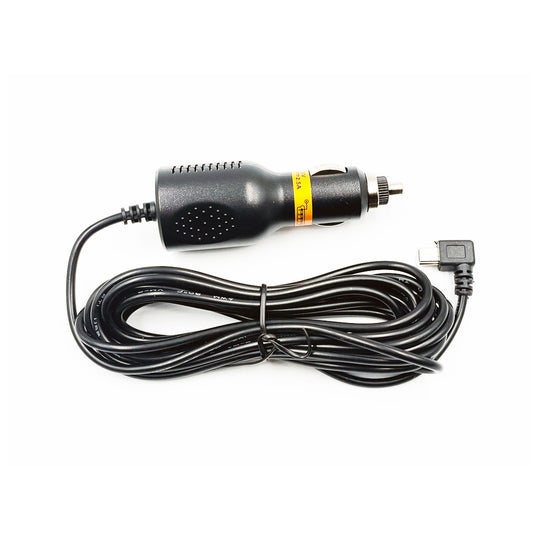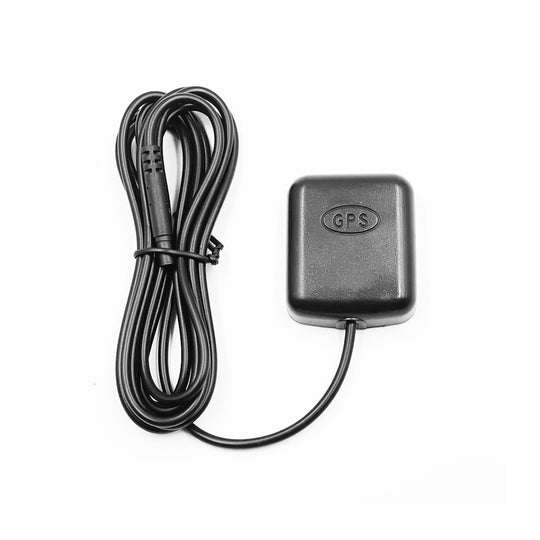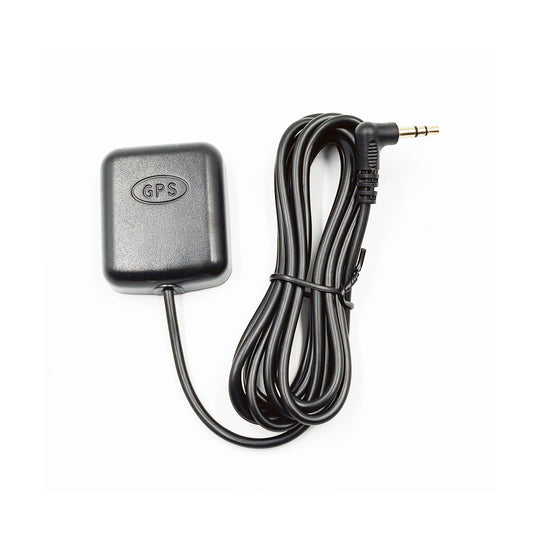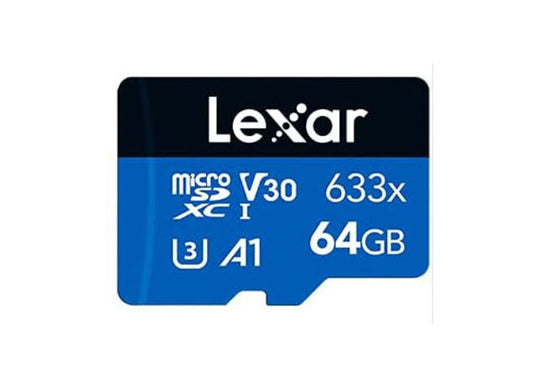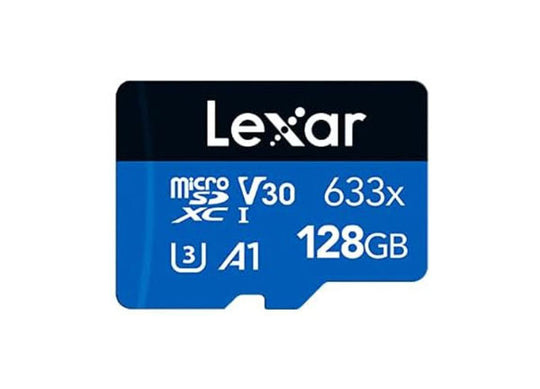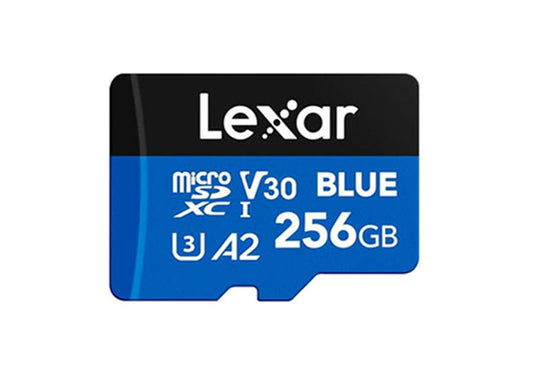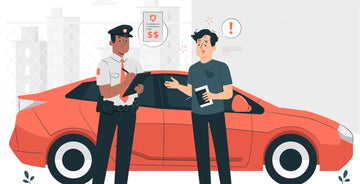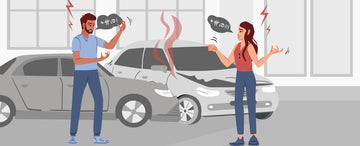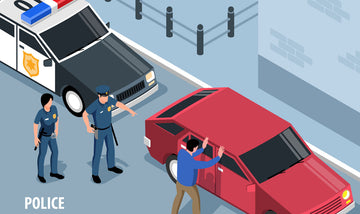The tragic death of George Floyd sparked global protests against police brutality and racial injustice. Many people have experienced or witnessed police misconduct but lacked the evidence to prove it. In Floyd’s case, a bystander’s video provided undeniable proof, leading to charges against the officers involved. This raises an important question: Is it legal to record police officers on duty?
The Short Answer: Yes, But With Some Rules
In the U.S., the First Amendment gives you the right to record government officials, including police officers, when they’re in public. Whether you’re using your smartphone or a dash cam like the ACUMEN M4 3CH Rear View Mirror Camera, capturing police interactions can help hold law enforcement accountable.
However, laws vary by state—especially when it comes to audio recording. Some states require all-party consent, meaning everyone in the conversation must agree to be recorded. That said, courts generally rule in favor of a citizen’s right to record police in public, as long as it's done openly and without interfering in their duties.
What the Law Says in Different States
- California: It’s legal to record police in public spaces, but secret recordings (such as hiding your phone) can be a misdemeanor.
- Louisiana: A proposed law would require a 25-foot buffer between you and the officer while recording.
- Illinois: Courts have ruled that recording police in public is protected under the First Amendment, despite the state’s strict two-party consent law.
Before recording, it’s always a good idea to check your state’s laws on audio and video recording.
Tips for Recording Police Legally and Safely
✅ Keep Your Camera Visible – Secretly recording police can be illegal in some states. Hold your phone or dash cam in clear view.
✅ Stay at a Safe Distance – Don’t interfere with police activities. Some states even have rules about how close you can be.
✅ Know Your Rights – If questioned, calmly state, "I am exercising my First Amendment right to record in public."
✅ Use a Dash Cam for Hands-Free Recording – Devices like the ACUMEN dash cam front and rear let you capture incidents without holding a phone, ensuring you stay focused on the road.
Recording police interactions can be a powerful way to promote accountability. By knowing your rights and following the law, you can protect both yourself and others.
Check the product:https://acumen-camera.com/products/m4-mirror-dash-cam-3ch
© 2025 Acumen. All rights reserved.

